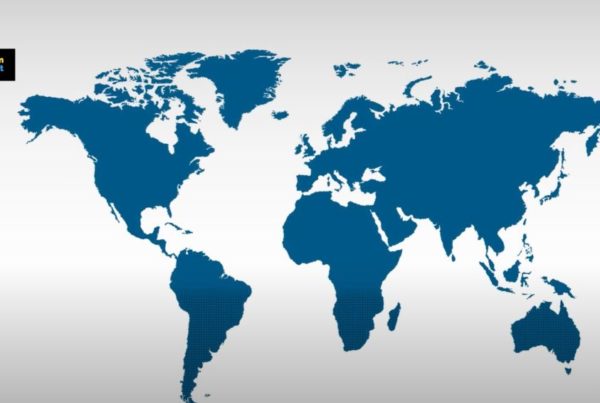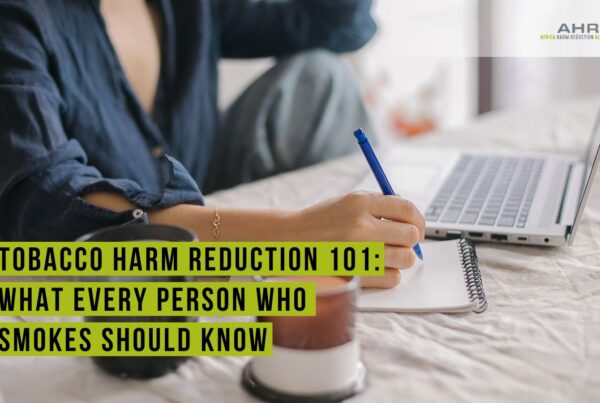Is Africa Approaching The Overdose Crisis All Wrong? The drug abuse problem in Africa cuts across societal classes as the UN’s drug agency estimates there were more than 34 million cannabis users and 1.8 million cocaine users in West and Central Africa in 2016.
Unlike expensive narcotics, opioids are more accessible, as they mostly cost less than five dollars. The abuse of drugs in Africa is escalating rapidly from cannabis abuse to the more dangerous drugs and from limited groups of drug users to a wider range of people abusing drugs. The United Nations estimates by 2030 the number of drug users in Africa will have increased by 40 percent. In a briefing to the United Nations Security Council, Yury Fedotov, head of the UN’s office on drugs and crime said his office is ‘registering new alarming trends on drug trafficking in Africa with disruptive and destabilizing effects on governance, security, economic growth, and public health.’
The rise in opioid-related overdoses has impacted many communities on the continent. Opioid deaths among Africans continued to rise in 2021, reaching historic highs. What makes these overdose deaths all the more devastating is that no person should die from a drug overdose. We have years of scientific evidence demonstrating which interventions keep people safe from an overdose, medical interventions like naloxone to reverse the effects of an overdose, and effective, lifesaving treatment for opioid use disorders. In Africa, criminal sanctions have contributed to the problematic use of these drugs. The ‘war on drugs’ approach to drug policy was born out of a racist agenda and continues to disproportionately harm and subjugate many people in Africa. Prohibition-based drug policy remains one of the fundamental barriers we must remove before Africa can escape colonialism and ensure all Africans’ freedom, sovereignty, and basic rights. Under prohibition, the demand for drugs and the value of the drug market across the world has grown exponentially.
The aims of the OAU have been compromised significantly by adopting drug policies that criminalize African cultural traditions, criminalize the youth, allow foreign influence to shape policy, increase human rights abuses and pathologize entire communities. Criminal justice responses to the use of drugs don’t work. The United Nations has admitted as much in a 2019 report where the heads of 31 UN agencies strongly supported the decriminalization of drug use.
Overdose deaths are preventable. We have all the tools we require to stop people from dying from drug use. If we are looking to save lives and we have reached a historic unprecedented level of deaths, then we cannot avoid looking at any and every option to save these lives. Drugs harm reduction offers evidence-based strategies that reduce the risk of dying from an overdose. The main aim should be to support people who use drugs, with information to mitigate the risk of an overdose and to stop an overdose while it’s happening. Harm reduction, whether in alcohol, tobacco, or drugs, has historically been incredibly underfunded and has been relegated to state and local funding or private funding to sustain itself. Everyone inherently deserves services that promote health, regardless of whether they use drugs. Evidence-based harm reduction strategies minimize the negative outcomes of drug use. These activities further expand access to harm reduction interventions and better integrate harm reduction into general healthcare.
Where safer nicotine products are accessible and well regulated, for example, the evidence is clear. People quit combustible tobacco in huge numbers and switch to these products, choosing to improve their health, at almost no cost to governments and taxpayers. We must rethink drug policy in Africa. Policymakers must begin to question the effectiveness of existing drug control mechanisms. They need to acknowledge that punitive enforcement has proven expensive and counterproductive and to reorient towards pragmatic health and harm reduction approaches that have been shown to minimize the effects of drugs on people who use them. It is imperative to put an immediate end to the criminalization of people who use drugs and the possession of drugs for personal use.
The existence of regional bodies like the African Union and the Economic Community of West African States provides an institutional bedrock that can steer the process of reviewing drug policies to promote harm reduction practices on the continent. Multiple, evidence-based interventions – rooted in compassion and reducing harm – save lives!
~Joseph Magero

THR Topics
Popular Posts
Quick Links
Women in THR
Related Posts
 Letter to the World Health Organization (WHO)
Letter to the World Health Organization (WHO)
Letter to the World Health Organization (WHO)
 Public Health implications of vaping in Germany
Public Health implications of vaping in Germany
Public Health implications of vaping in Germany
 Public Health implications of vaping in the United States of America
Public Health implications of vaping in the United States of America








